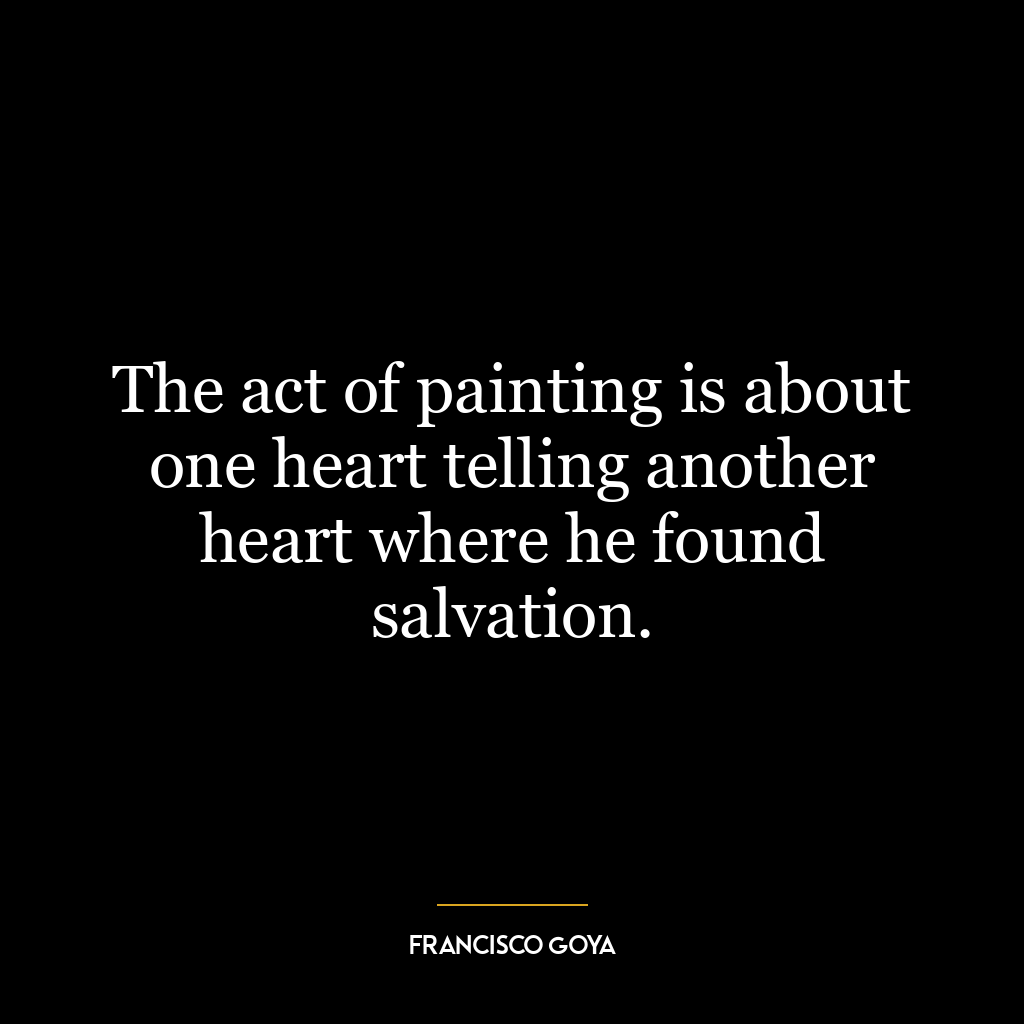What we do for others has a direct impact on how we feel about ourselves.
This quote encapsulates the idea that our actions towards others have a profound effect on our self-perception and emotional well-being. When we engage in acts of kindness, generosity, or service, we often experience a boost in our self-esteem and overall happiness. This is because we are social creatures by nature and our actions towards others reflect our values and beliefs.
When we do something good for others, it reinforces our positive self-image and makes us feel valuable and worthwhile. It gives us a sense of purpose and fulfillment, knowing that we have made a positive difference in someone else’s life. On the other hand, if we harm or treat others poorly, it can lead to feelings of guilt, shame, and a diminished sense of self-worth.
This concept can be applied in various sectors of today’s world. In the workplace, for instance, managers who treat their employees with respect and kindness not only foster a positive work environment but also feel better about themselves. It can also be seen in the rise of corporate social responsibility, where companies are recognizing that their actions towards the community and environment can impact their brand image and customer perception.
In terms of personal development, this idea encourages us to cultivate empathy, compassion, and kindness towards others. It promotes the belief that personal growth and self-improvement are not just about focusing on our own needs and desires, but also about considering the welfare of others. By doing good deeds, helping others, or simply being kind, we are not only improving their lives but also enhancing our own self-esteem and happiness.
In conclusion, the quote suggests that our actions towards others are a reflection of who we are as individuals. They shape our self-perception and emotional well-being, and therefore, by treating others well, we are, in essence, treating ourselves well.








